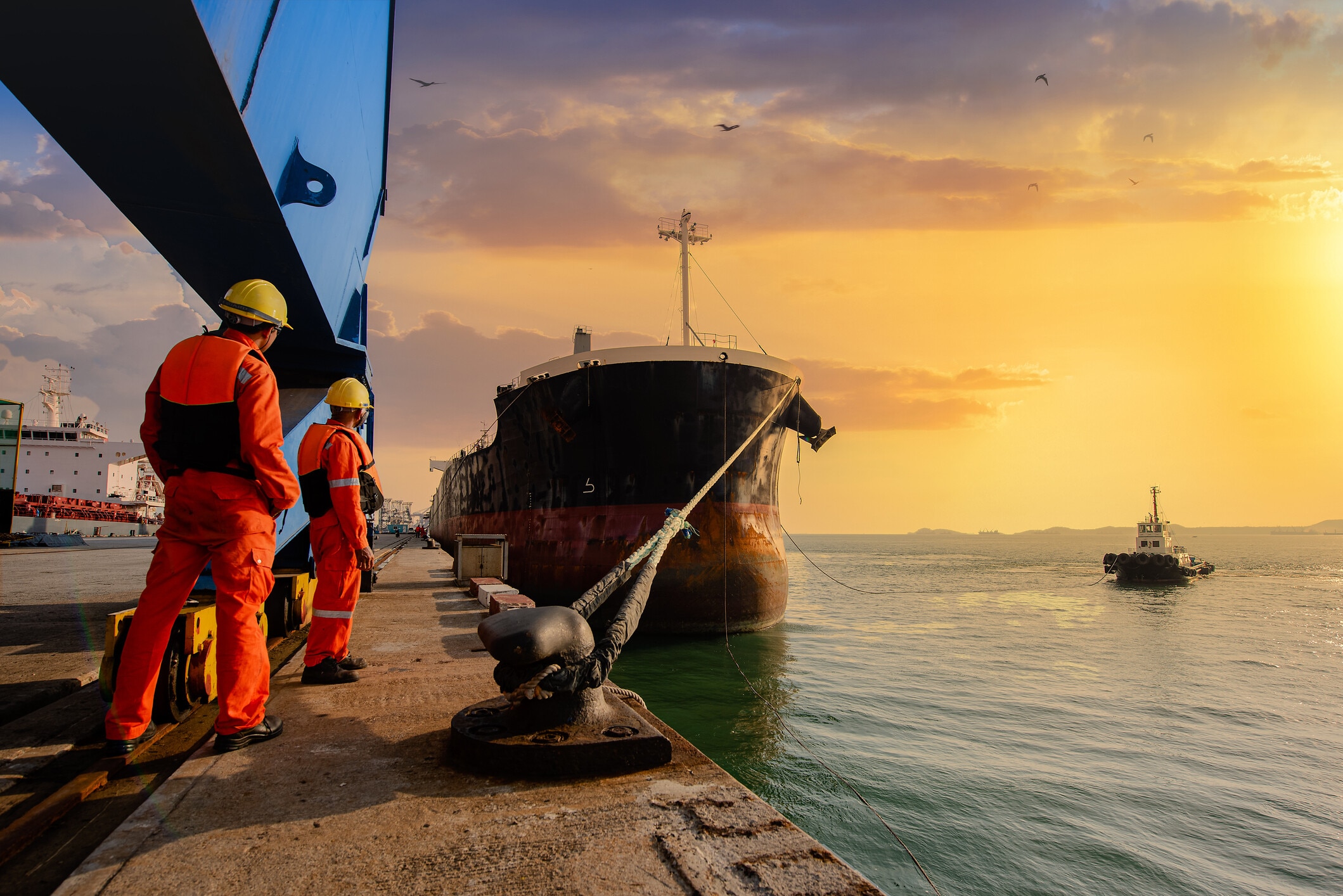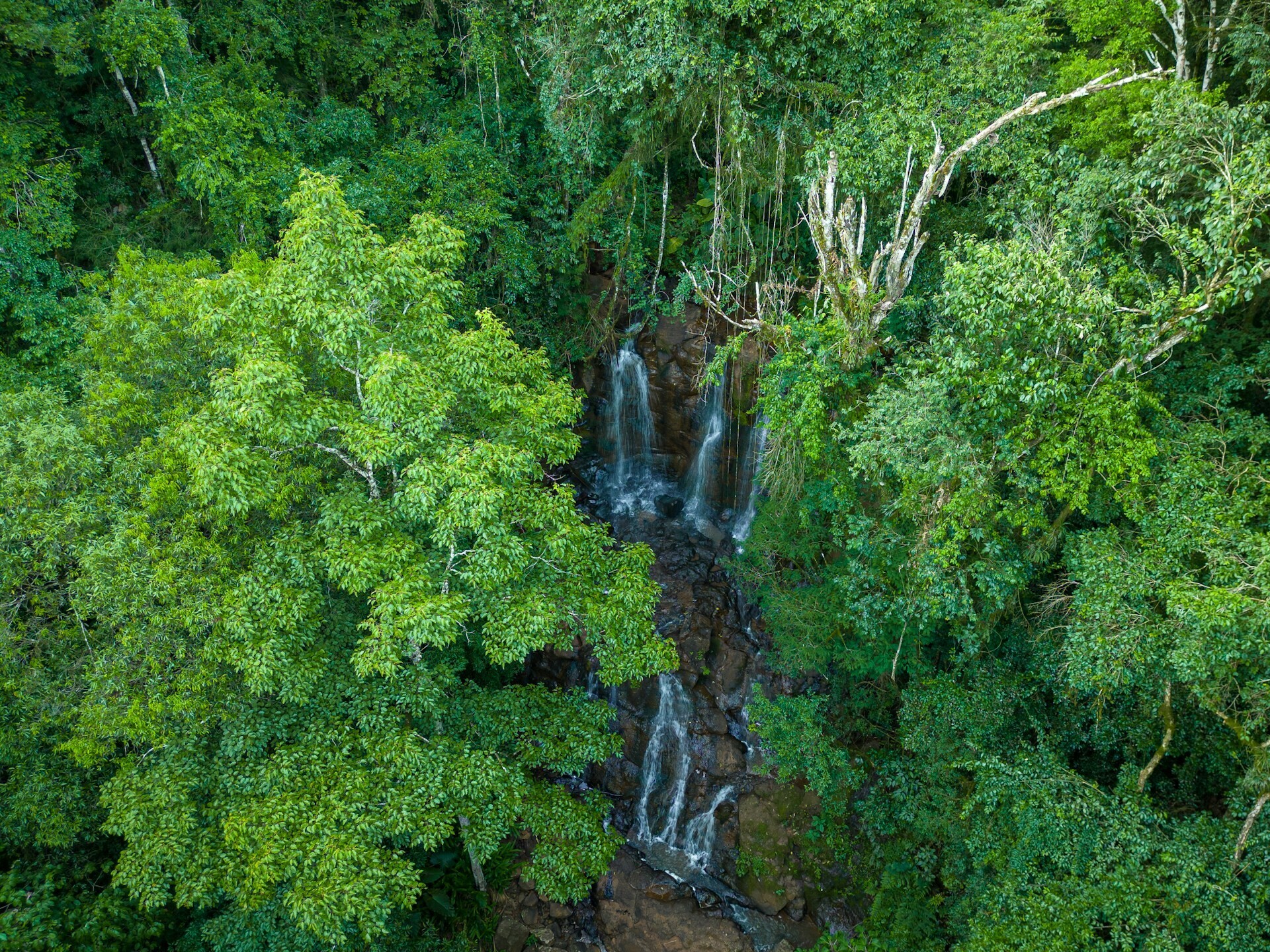5 ways the ocean can contribute to a green post-COVID recovery

The ocean could meet the world's energy needs many times over Image: Jack Hunter on Unsplash.com
- The ocean can play a huge role in promoting a sustainable recovery from the COVID-19 pandemic.
- From food production to renewable energy, the ocean represents a vast and untapped resource.
- It can help us emerge from this crisis stronger - if governments start making the right choices today.
The COVID-19 epidemic has profoundly emphasised the links between nature and human health - placing it among the 70% of emerging infectious diseases originating from wildlife and domesticated animals.
This link is just one factor underpinning the call from 17 EU environmental and climate ministers for a green recovery. Missing from their missive, however, is how the ocean provides opportunities for equitable, ecological and economically attractive growth.
If deployed strategically, COVID-19 recovery funds could accelerate sustainable growth in many ocean industries such as mariculture, offshore wind and the seaweed sector – to name but a few. Targeted financial investments could ensure their regenerative growth and development, providing short-term gains with long-term pay-offs.
Five key areas can enhance our knowledge of the ocean and move us closer to zero-carbon energy independence, increased food security, and a more sustainable future.
1. Food production and sustainable fisheries
A 2011 study estimates the marine fishing industry could unlock up to 200 million jobs. However, unsustainable fishing could sabotage decades of work spent rebuilding stocks and securing the industry’s longer-term growth.
Research shows that we could sustainably produce six times more food from the ocean, mostly through mariculture. For example, Norwegian finfish mariculture employs more than 7,500 people directly, with an additional 15,000 working in the aquaculture value chain. However, future growth must be sustainable; this is achievable ideally through the expanded farming of non-fed species like shellfish and seaweed. The sector could grow by a factor of five by 2050; a stimulus combined with stringent sustainability requirements would likely shorten this growth horizon.
2. Seaweed – a sustainable source of food and biomaterials
The global potential of seaweed is enormous: biofuels from seaweed could replace the entire use of fossil fuels in transportation or up to 24% of the demand for plant protein in 2050. A 2019 study found that the Norwegian kelp industry alone could reach a turnover of €4 billion ($4.5 billion) a year and produce over 20 million tons of kelp. Additional investment could unlock this potential to produce biomaterials in a regenerative way – because seaweed creates habitats for fish, absorbs excess nutrients, sequesters carbon and does not need any freshwater or fertilizer input to grow.
3. Zero-carbon energy independence
With a potential capacity of around 330,000 TWh (comparatively, global electricity consumption was about 21,000 TWh in 2017), the world’s ocean has immense potential for generating zero-carbon energy.
Deploying economic stimulus towards ocean wind energy could enhance a country’s energy security, reduce the impact of volatile oil prices, and pre-empt the inevitable shift away from fossil fuels towards renewables. Perhaps most importantly, it could offer a pipeline of highly paid jobs. As it is more labour-intensive than onshore wind, offshore wind energy is a better job creator than comparable onshore projects.
4. Creating the Silicon Valley of the ocean
In recent years, companies have shown us the value of data, and the ocean is no exception. Using data-gathering technology - an 'Internet of Things for the ocean' - would allow for a quick response time to any changes or inputs, such as the arrival of toxic algae on a tourist beach or the optimization of shipping lines to reduce CO2-emissions.
Over the long term, these new data networks will provide employment and establish the long-term resilience of the future economy by generating knowledge and understanding. It can show us the ideal placement of a wind energy installation, or optimize the management of fisheries by better predicting fish stocks. Silicon Valley has been one of the greatest wealth creators in modern history; the ocean's 'data valley' can be the next one.
5. New plastic packaging models
Due to increasing plastic consumption and disruptions in waste management, the pandemic threatens to undo progress made on tackling ocean plastic pollution. Norwegian and international companies are working on waste-management facilities that could be used to convert plastics into fuel. Scaling these up could be an important part of the solution, both for the ocean and for future jobs globally. But the ocean itself can also be a source for potential solutions. Looking again to seaweed, plant-based packaging – which is also edible – shows incredible promise in replacing plastic. The global edible packaging market is projected to increase to $722 million by 2026; and of this, the seaweeds and algae segment is anticipated to grow at nearly 5% annually. Commercial seaweed farming in Asia-Pacific has helped supply the industry with raw material. A new coalition, Seaweed for Europe, is mobilizing innovators, investors, industry and government stakeholders on the continent to fast-track the application of seaweed in packaging, as well as for other areas like human food or animal feed.
These are just a few examples of how support for sustainable ocean sectors could provide immediate help for the green recovery, with many others to be found. They combine rapid recovery, enduring competitiveness and contribute to the transition towards a 1.5˚C world.
These interventions also catalyse the growth of future industries and require a workforce immediately. They have high growth potential and can set a country’s ocean economy on a sustainable path, while significantly reducing their carbon footprint. A new, reimagined ocean economy could help us emerge from this crisis stronger - if the right government interventions are provided now.
Nina Jensen is a member of Friends of Ocean Action.
Martin Stuchtey is a strategic advisor to the World Economic Forum.
Don't miss any update on this topic
Create a free account and access your personalized content collection with our latest publications and analyses.
License and Republishing
World Economic Forum articles may be republished in accordance with the Creative Commons Attribution-NonCommercial-NoDerivatives 4.0 International Public License, and in accordance with our Terms of Use.
The views expressed in this article are those of the author alone and not the World Economic Forum.
Stay up to date:
The Great Reset
Related topics:
Forum Stories newsletter
Bringing you weekly curated insights and analysis on the global issues that matter.






